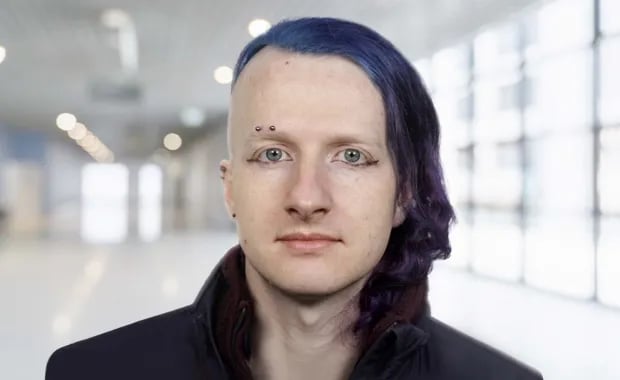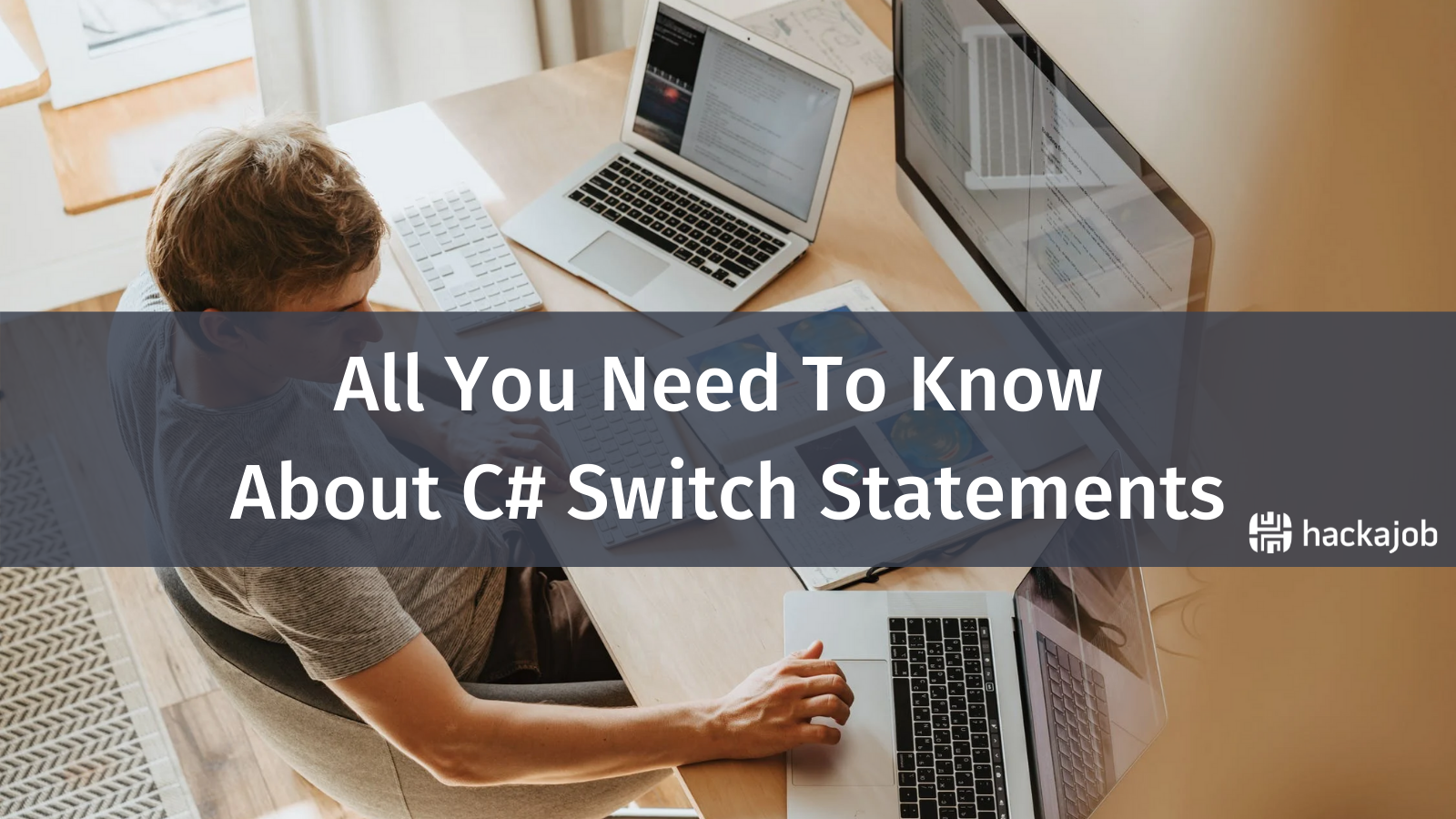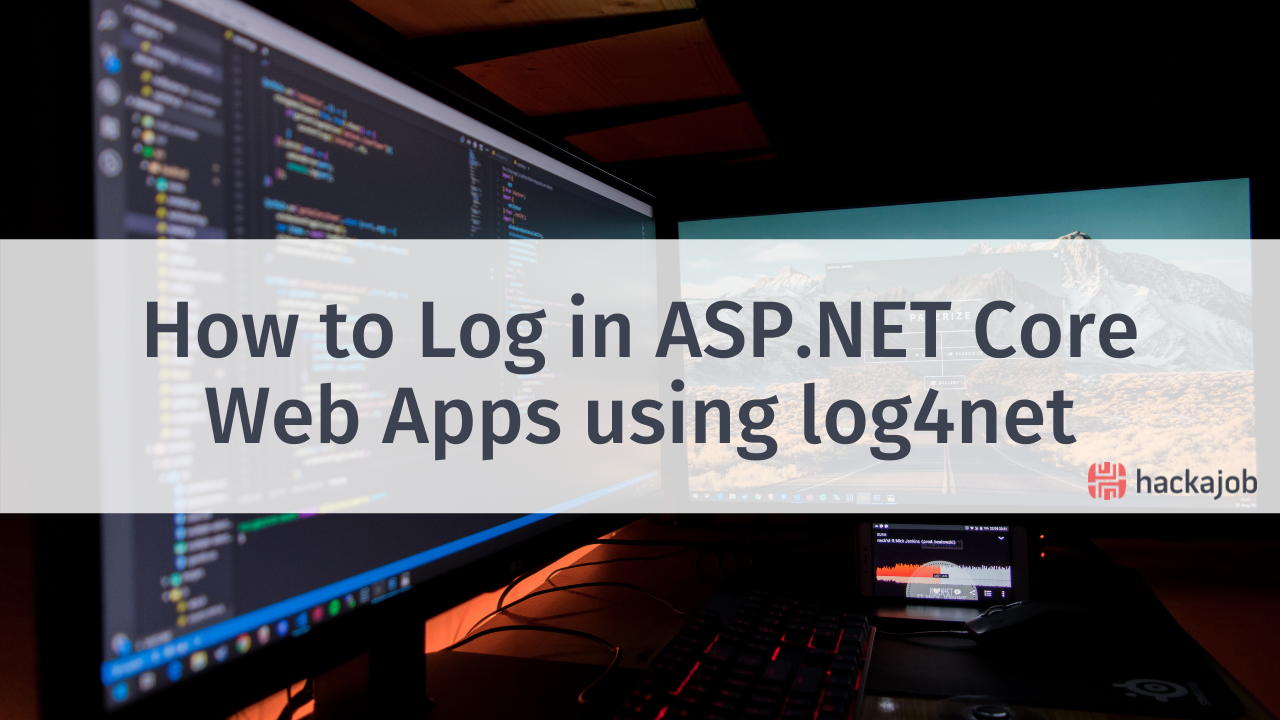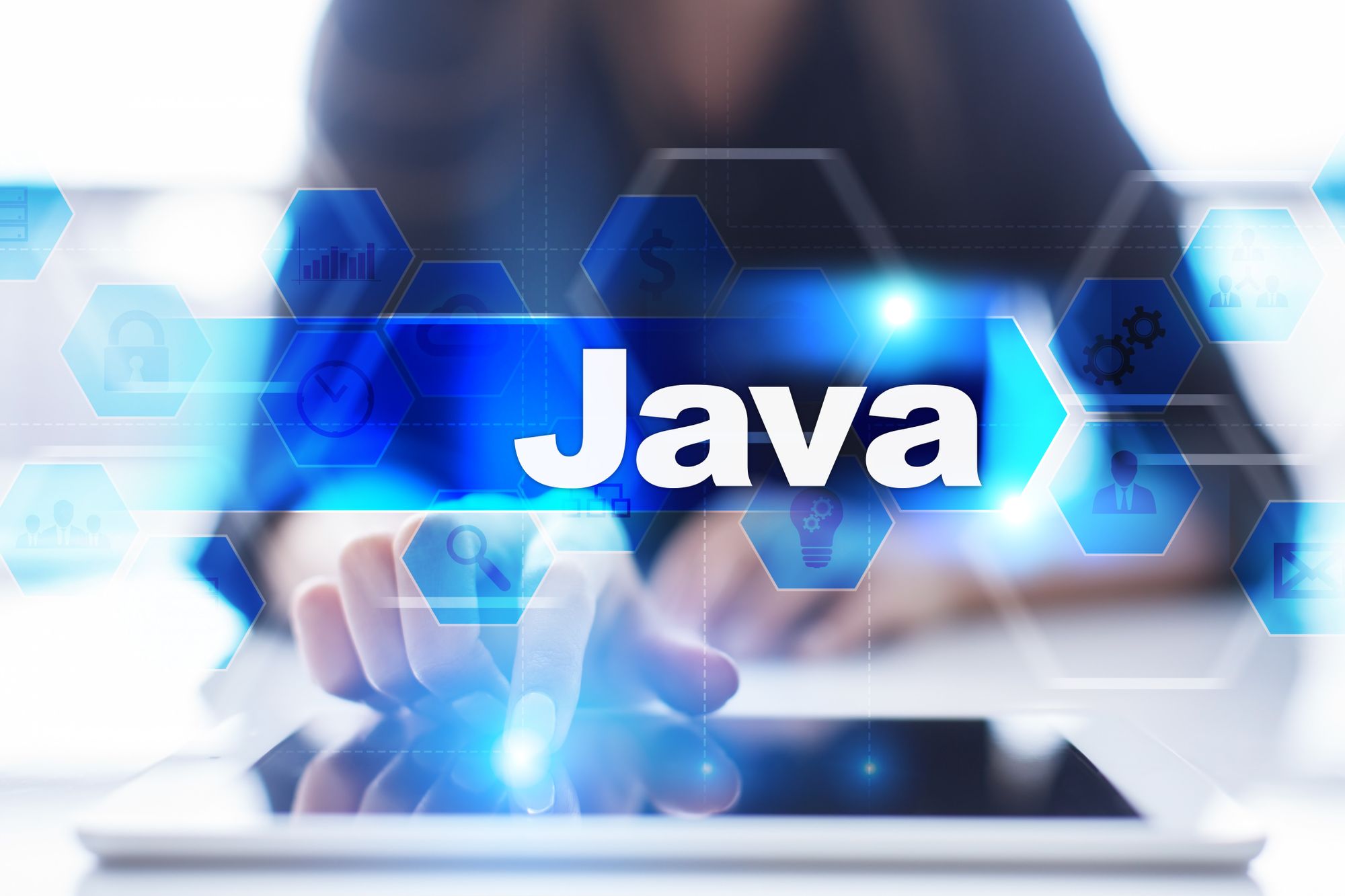This isn't just any blog post; this is a deep dive into the heart of CGI, a place where diversity, equity, and inclusion are more than just buzzwords...
CGI members are breaking barriers, shattering glass ceilings, and passionately bringing their authentic selves to work. From non-binary inclusion to disability support, CGI is a place where everyone's story matters.
But don't just take it from us... listen to the experience of one of many CGI partners who is able to bring their authentic selves to their work at CGI.
My experience of non-binary inclusion and allyship at CGI
CGI member Quebei Mitchell explores why non-binary visibility, representation, and inclusion are so important in the modern workplace and gives an insight into their personal experience coming out as non-binary at CGI.
About me
I am a 34-year-old non-binary trans-femme individual and I have worked for CGI for 9 years. I joined in 2013 as a first-line Technical Analyst, answering help desk calls and fixing a broad range of IT issues. After two years I moved to an Engineering role within end-user device management, creating solutions that would change thousands of devices at once. Finally, I moved into an Investigative Analyst role, performing complex problem root cause analysis, and creating solutions for them. I came out as non-binary in 2022 and CGI has been supportive and helpful in allowing me to just be myself, both working from home and from our offices.
What does allyship mean to me?
To me allyship is treating people with respect and dignity, allowing them to have the space to express themselves. This means not judging, having open conversations, and being prepared to explain and listen – something we’re not always good at. I don’t believe every ally needs to be a morality or ethics warrior, often you just want someone to see you as you, and not as what hundreds of years of social conditioning tells us we “should” see.
Specific allyship to the non-binary community to me just means also accepting that people can change their presentation whenever they feel they wish to, and so one day they may be presenting very feminine, the next very masculine, and the day after somewhere else again. It’s not a sign of anything other than the individual being who they want to be.
Why is it important to have conversations about non-binary inclusion in the workplace?
True inclusivity comes from normalisation. Normalisation comes from something being commonplace enough that it no longer sparks comments at being unusual. I know and acknowledge that non-binary individuals make up a very small percentage of the overall population, so waiting for normalisation to happen through visual exposure may take a while.
Inclusivity stems from seeing what makes us the same, not from seeing what makes us different.
We’re conditioned to fear or mistrust anything we don’t understand which has led to exclusion and discrimination for groups of people throughout history. Having conversations about non-binary people will improve people’s knowledge and understanding, which then lowers fear, intolerance, and unconscious biases.
How can we prioritise non-binary representation?
A term I’ve been using recently when talking about this is “Normalise it, don’t Spotlight it”. Seminars newsletters and PRIDE coverage don’t appeal to those who aren’t interested, and so the only way to reach them in a conflict-free manner is to just include non-binary representation in everyday ways. The next time you have a briefing on health and safety, or GDPR procedures, or anything not specifically about LGBTQ+ matters, include a non-binary speaker/panellist.
Overcoming obstacles to create inclusive workplaces
One of the biggest challenges I personally face is people refusing to change because they are “old school” or “too old to change”. A preposterous statement, as one of the LGBTQ+ social groups I frequent has many of its members past retirement age. Language changes constantly, and people change with it so long as the people around them change too. It’s important to challenge outdated language or purposeful use of incorrect names and pronouns – not in a hostile manner, as there’s no need to ostracise someone who you ultimately want on your side, but in a positive and constructive manner that enlightens someone and improves their understanding and mutual respect. Similarly, any stereotypical behaviour or treatment should also be challenged, as this can be harmful to more than just non-binary individuals.
How can workplaces ensure they are welcoming for non-binary colleagues?
One of the biggest helps I had at CGI was access to an LGBTQ+ Microsoft Teams channel, where I could find and reach out to other members of the community for support and assistance navigating some of the HR challenges that arose (such as changing my name and gender on my HR record). For any smaller businesses that may not have such a presence, providing access and signposting to external help and support organisations is vital, along with provisions to grant time off for any transition-based activities and mental health reasons.
Perfect for CGI, but want to see all the roles?
If you’d like to join the team at CGI, then create a profile on the hackajob platform, where they’re currently hiring for a variety of roles or log in to your profile here. You can also keep updated with them on their hackajob profile.
Like what you've read or want more like this? Let us know! Email us here or DM us: Twitter, LinkedIn, or Instagram, we'd love to hear from you.



